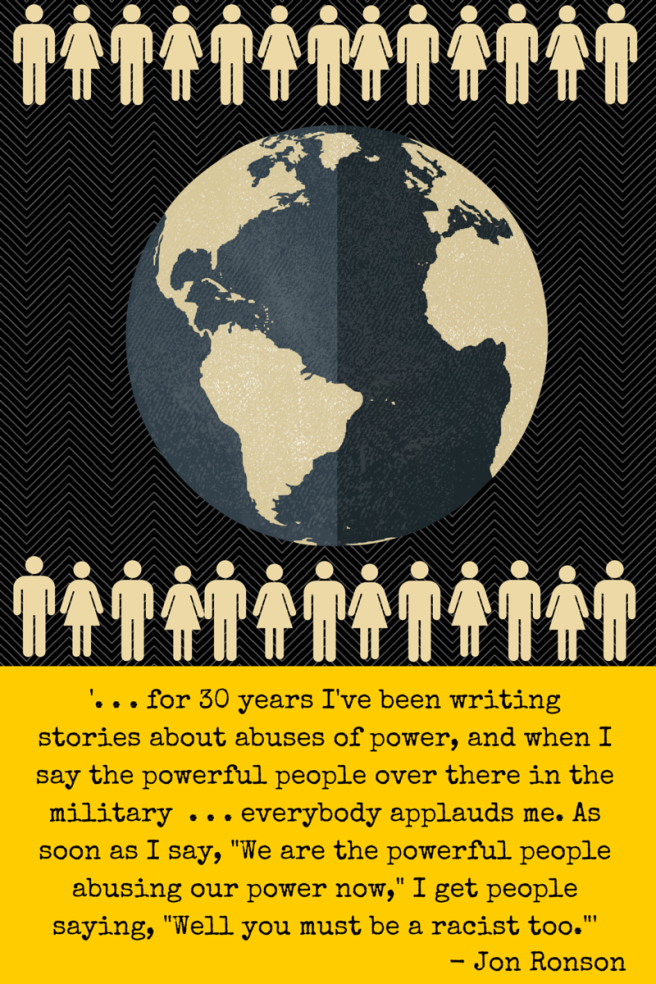Imagine a school playground thirty years ago. A girl in a white blouse tucked into a maroon skirt, shares an opinion with four others dressed like her. One of them starts to make fun of her accent, mimicking her speech. The others laugh and join in. The girl soon realizes that raising her voice to defend herself prolongs the caricature. She stomps off to a corner. When they walk down the corridor to class, she lingers a few paces behind. Her classmates are still giggling and acting as they enter the classroom. They incite the whole class to uproarious laughter.
Fast-forward to today. Same incident, only that one kid would have recorded it with her smart phone and then shared it on social media. This time, as the girl walks down the corridor, there’s more laughter and pointing as students look down at their phones and up at her. She would eventually watch the video and her sympathisers would assure her it isn’t that bad. Compelled by curiosity, she would read comment after comment and die a second death.
Humans are the common denominator in both stories. In a previous post, I suggested that maybe technology is neutral; it just amplifies who we already are. There are humans behind the inanimate internet. Give a fool money and you magnify his ability to do foolish things, but money isn’t the real problem. The internet can provide a breeding ground for our worst impulses to flourish.
In his 2015 TED Talk, Jon Ronson begins by pointing out, “In the early days of Twitter . . . voiceless people realized that they had a voice, and it was powerful and eloquent.” He then tells how people used their power to effect change, saying, “This was like the democratization of justice. Hierarchies were being leveled out. We were going to do things better.”
However, the major part of his talk centres on our own misuse of privilege, the opposite of democracy. He traces how one ill-advised tweet by Justine Sacco, a former New York PR officer with 170 Twitter followers, incited a Twitter storm that not only made her the worldwide number one trending topic on Twitter, but also cost her, her job. His talk is titled, How One Tweet Can Ruin Your Life.
Sacco’s story isn’t new to me. But, Ronson’s story telling made me uncomfortably aware of how gleefully we applaud another’s fall. According to Ronson, our desire to be seen to be compassionate is what led us to commit this profoundly un-compassionate act. Although I did not participate in the Sacco mob action, there was no moral pump fisting from me. I could picture myself in another time and setting, in a white blouse and maroon skirt.
Social media is now and the future. It is the platform where I share my thoughts with the world and interact with a wide circle of friends and acquaintances. Because the rules of engagement continue to evolve, talks like Jon Ronson’s hold my interest. Kudos to those raising their voices against social media shaming and calling for better internet policing. But who is going to police the place where it all begins, that is, the human heart?
I share details about Ronson’s talk and other innocuous social media faux pas with a friend. She says, “You see, that’s why I’m not on Twitter and hardly do Facebook.” I nod but after she leaves, I think about how Ronson concludes his talk, “The great thing about social media was how it gave a voice to voiceless people, but we’re now creating a surveillance society, where the smartest way to survive is to go back to being voiceless.”
Surely, abandoning social media isn’t the answer?
©Timi Yeseibo 2015
Jon Ronson’s TED talk is shy of 18 minutes. If you’re reading this, you do social media and listening to it is worth your time.
Unauthorized use and/or duplication of this material without express and written permission from this blog’s author and/or owner is strictly prohibited. Excerpts and links may be used, provided that full and clear credit is given to Timi Yeseibo and livelytwist.wordpress.com with appropriate and specific direction to the original content.




